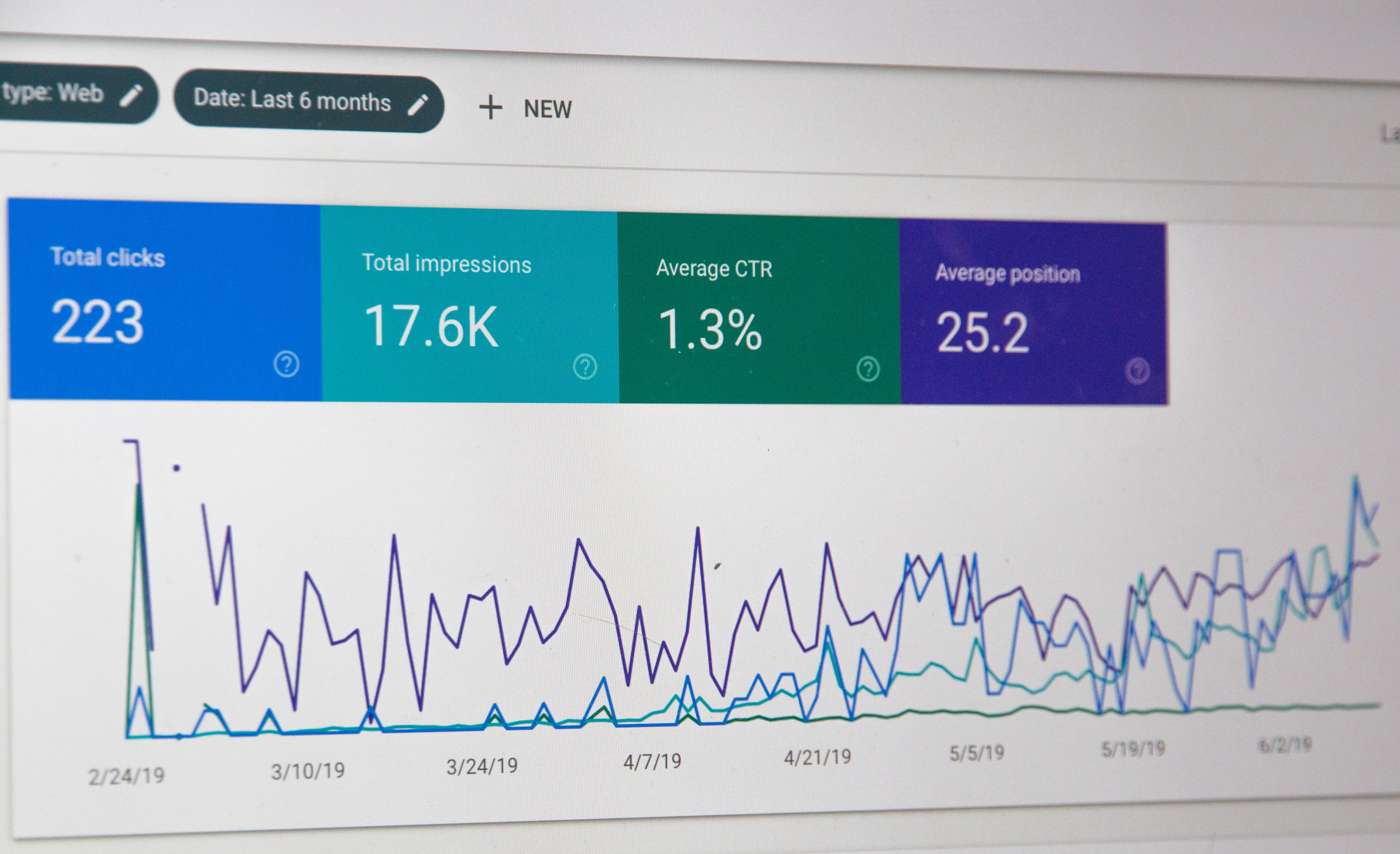From streamlining client data storage to automating marketing and assisting with follow ups, a CRM tool for law firms can help you with several parameters of your legal business.
If you plan to open a law firm, you need a tool to build and nurture your business network. And, that tool is CRM software! Introducing CRM software into your business’s ecosystem can earn you a 30% spike in lead conversion.
At its core, CRM or Customer Relationship Management technology helps you stay connected to customers, streamline conversion strategies, and boost profitability.
How Does a CRM Tool Help Law Firms?
There was a time when CRM uptake among lawyers was low. These professionals were reluctant to adopt this tool as legacy CRMs had a relatively steep learning curve and were not easy to customize. However, today’s technology market has CRM tools specifically crafted to suit the unique needs of law firms.
Here is how a CRM tool of today can help legal firms grow their business:
- Provide a Central Space for Contact Storage
Maybe you have multiple sources through which new client data rolls into your organization every day, sometimes every hour. Different staff members might collect client information on their phones or company computer to ensure a follow-up. Such a system can lead to severe disorganization and opacity within your firm.
Instead, you can use a centralized CRM where you train your staff to input prospective client details the minute they receive them. This way, the information is available to all lawyers with clearance. Additionally, allow your team to access not only client contact data but also learn about referral status, cross-jurisdictional needs, and pending cases through a CRM tool.
- Enhance Client Communication
If you have an organized way to pull out information on any client, you can offer them a personalized service experience. With the help of a CRM tool, you know which clients to follow up on, the ones that require special attention, and the ones to let go of.
Moreover, CRM software helps you reach out to old satisfied clients, who you can incentivize for future referrals. After all, what good is a CRM if you don’t leverage it to attract more business?
- Segment Clients into Categories
A CRM tool’s fundamental function is to automatically categorize client and prospect data. It stores and organizes their contact information, personal details, legal requirement, and your interaction history with them.
You can access this optimally laid out data any time to understand who your clients and prospects are and what they want. Equipped with this knowledge, you can plan out the best way to approach them with a pitch if needed.
- Automate Legal Marketing
Every business, whether they sell a product or a service, needs to market its offerings. A legal firm is no different! No wonder why countless legal companies use CRM tools to “make a noise” or market themselves.

You, too, can leverage CRM software if you want your prospects to think of you first. How? A robust CRM tool allows you to automate several marketing functions. For example, you can click on a setting that automates prospecting for qualified leads. This feature will save you the time that goes into lead generation, which you can use for planning your pitch and approach.
- Set Reminder Notes for Specific Tasks
Say you meet a prospective client who requests you to share a testimonial before they sign on with you. And, now, during your business day, you go about meeting several prospects who have small but diverse requests. Indeed, you want to follow up and fulfill these tasks within a stipulated deadline to boost conversions.
Sounds overwhelming, doesn’t it? Let a CRM tool remember the follow-up deadlines along with the content to be shared. You can set reminder notes, deadlines, and objectives within the software interface. This feature is especially advantageous for rapidly growing legal firms as it becomes challenging to keep track of the task flow.
And, it’s a Wrap!
With the advent of CRM tools specially designed for lawyers, experts predict a spike in their uptake in the coming years. Not only will these tools assist law firms in capturing and segmenting prospect and client data, but they will also enable them to nurture lasting relationships with them.


Join the conversation!